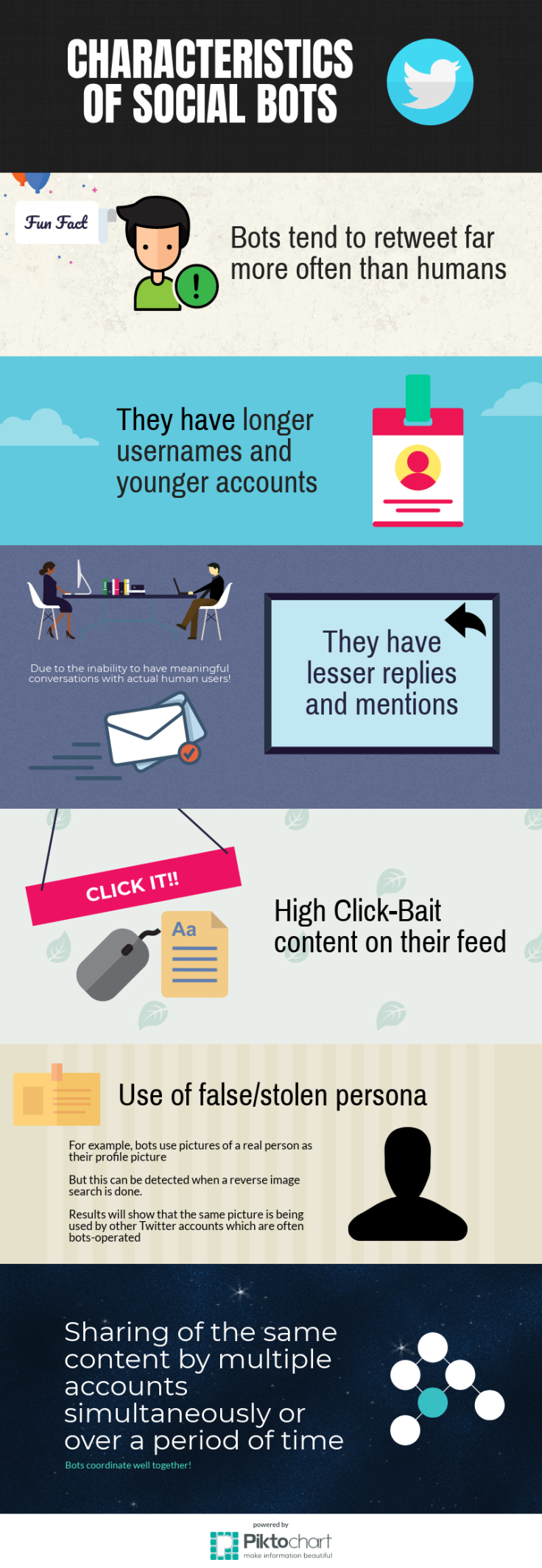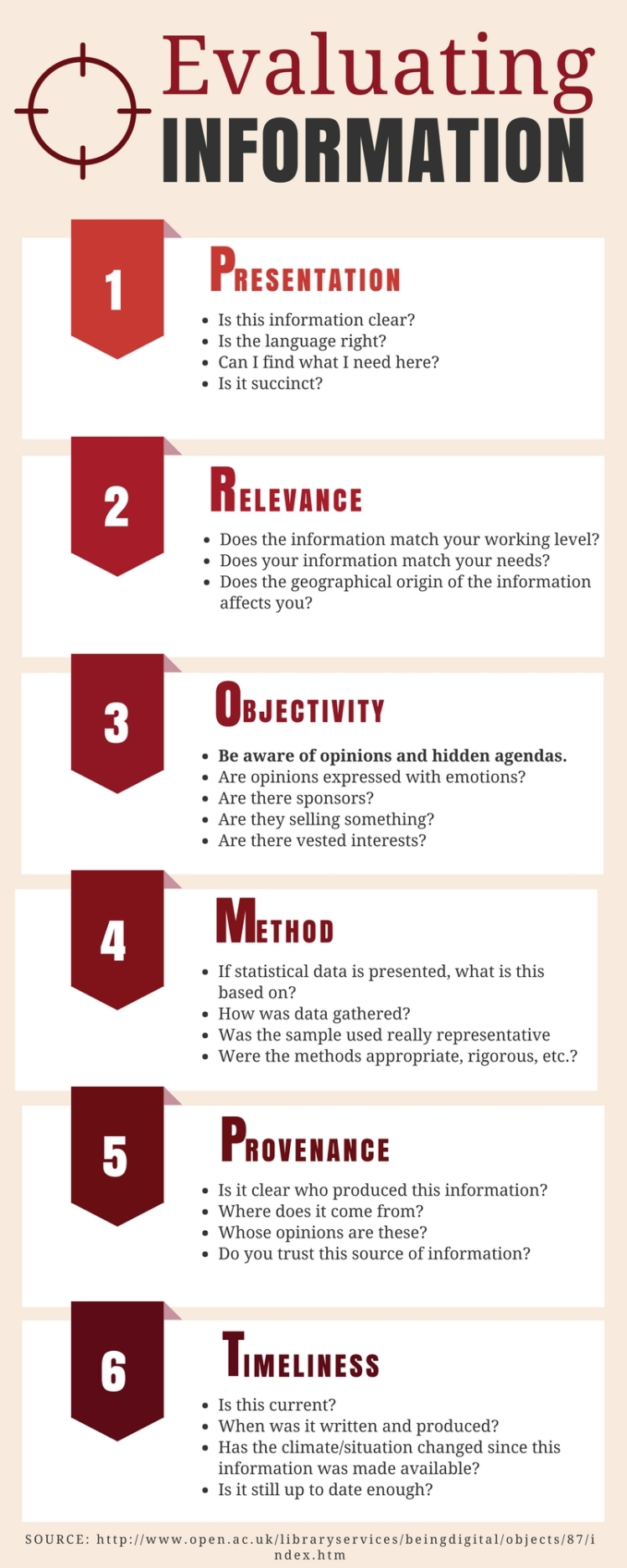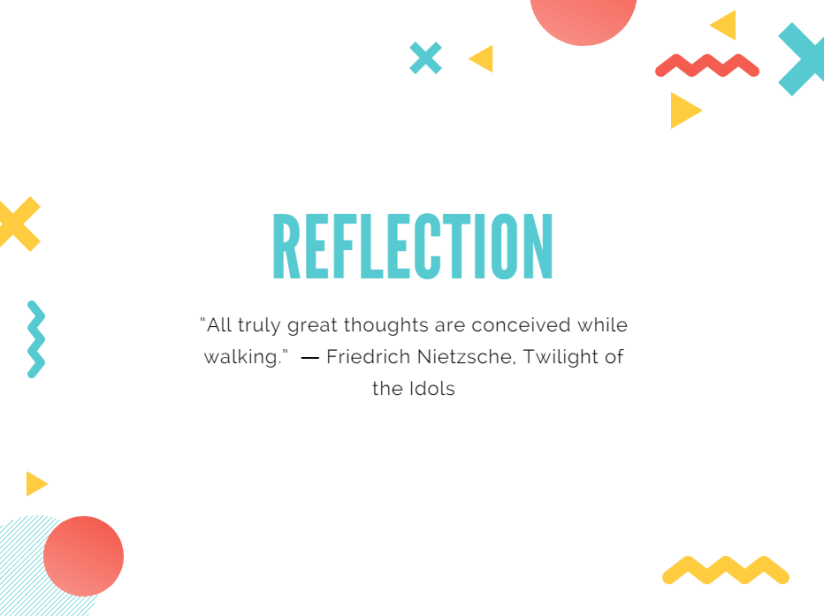
Reflection for topic 2: what I learn
In Siew Min post, I learn the way to burst filter bubble. Before learning the concept about it, I have realized that the information recommended to me social media such as Facebook and Youtube are filtered by my click behavior and browse history. I am not sure whether it is a good or bad thing.
The pros is that the filtering system gives us the information we like or at least once we are interested in. It helps to save time to search for the topics or resources we are favorite in.
Continue reading →









